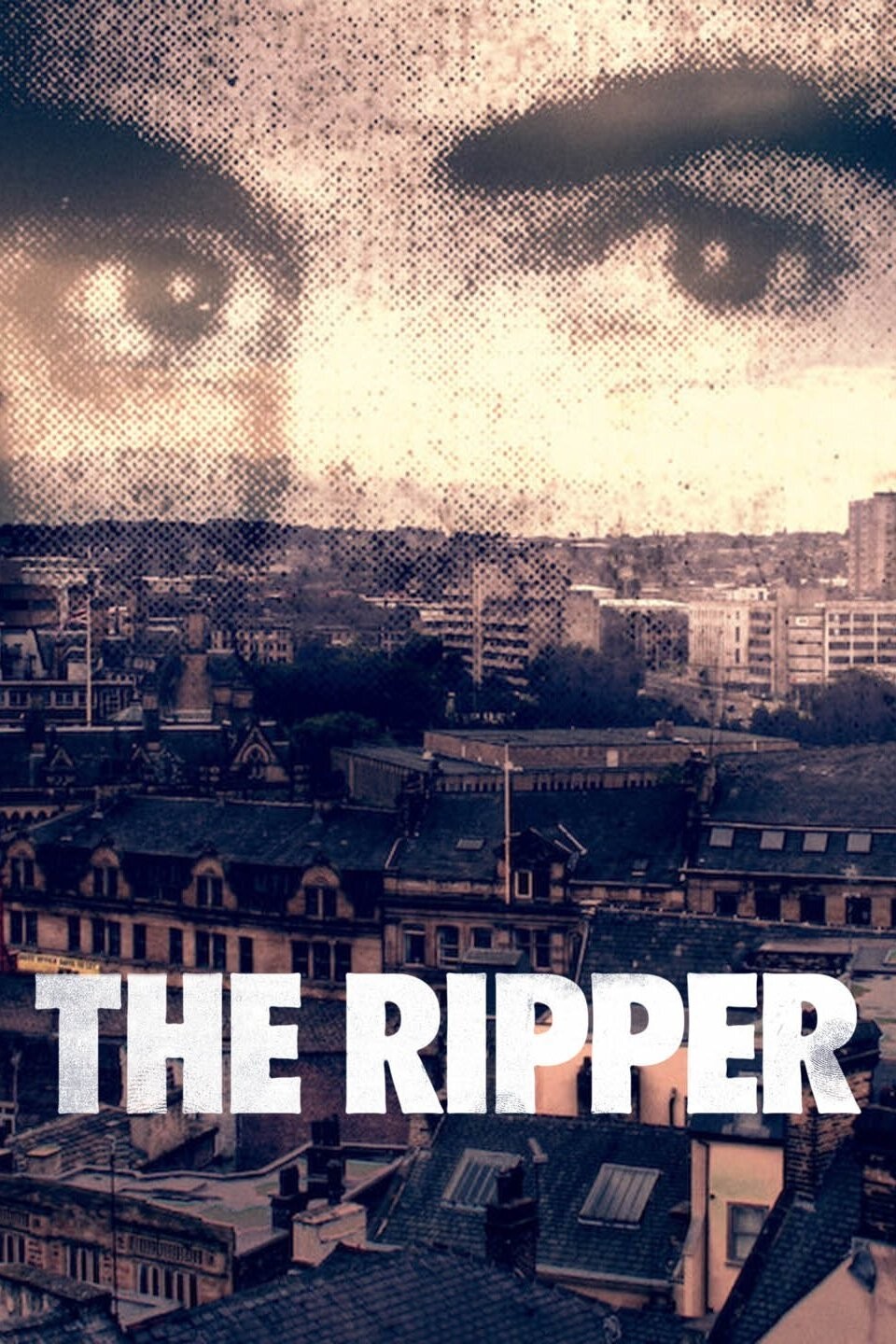
Source

Bingeing The Ripper on Netflix left me in that strange limbo between fascination and unease, the kind of state where you are both absorbed by the storytelling and unsettled by the reality behind it. Watching this miniseries, I could not escape the fact that every detail was rooted in something that actually happened in England during the late seventies and early eighties. There is no fictional safety net here, no invented subplot to lean on. Instead, the show takes you straight into the fear, the media frenzy, and the broken investigation that surrounded the Yorkshire Ripper. It is not simply a recounting of murders, it is an exploration of how a society both responds to and shapes the narrative around a killer.
Curiosity, for me, was not directed at the gore or the crime scene descriptions, but at the psychological atmosphere the series manages to convey. I kept asking myself what it means to inhabit a time when women were told to stay indoors, when the fear was woven into the routine of daily life, and when the police failed so spectacularly at recognizing patterns that now seem almost obvious. There is a sinister psychology at play, not only in the mind of the killer but in the collective mindset of institutions and communities. The show reminded me that true crime is never just about the individual who commits the acts, it is also about the fractures and blind spots of the systems meant to protect us.
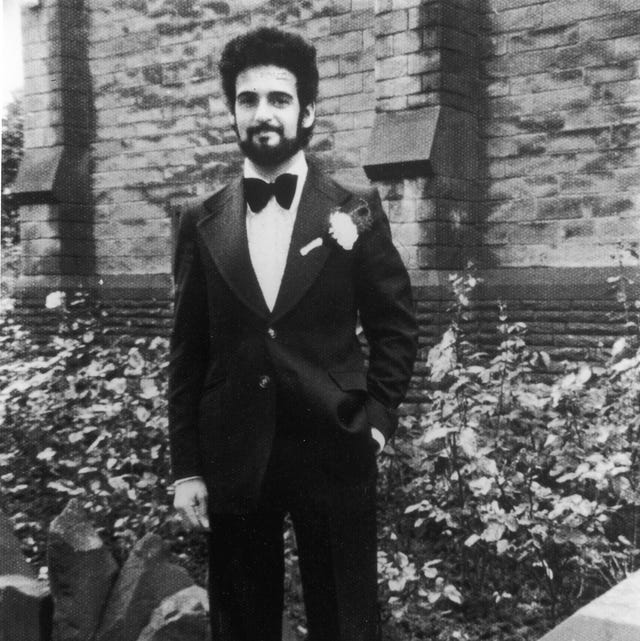
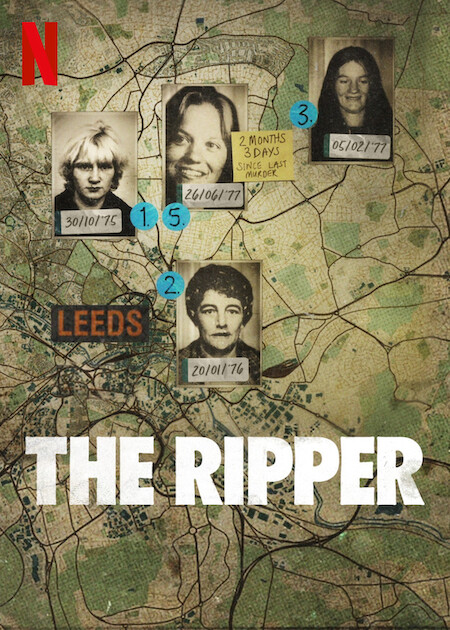
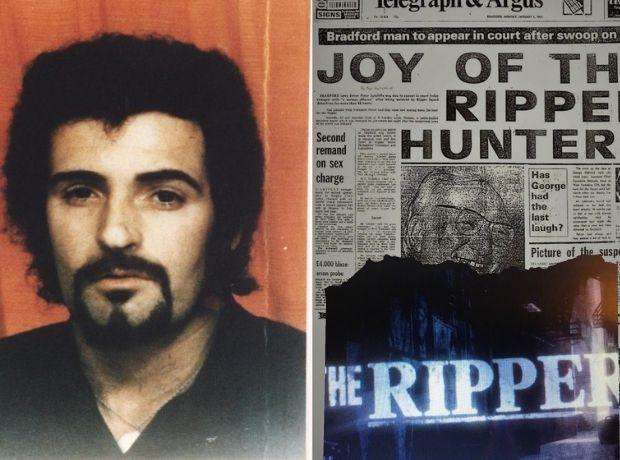
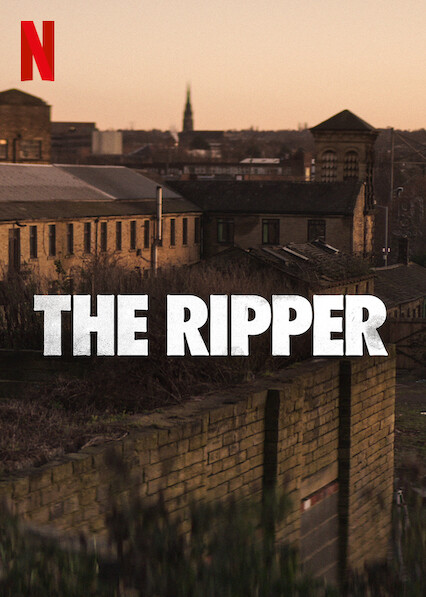
Source
Delving into the cinematography, I noticed how the series stitches together archival footage, interviews, and dramatized visuals in a way that almost traps you in that grim landscape of northern England. The muted colors, the cold industrial skylines, the tired faces of the people who lived through it all, they create a texture that stays under your skin. There is an honesty in the way the documentary avoids glamorizing the killer. Instead, it highlights the voices of the survivors, the journalists, and the ordinary people whose lives were consumed by the fear of walking home at night. That balance is rare in true crime, where sensationalism often overshadows humanity.
Every time I thought about stepping back, I realized the miniseries was less about the killer himself and more about the societal reaction. Misogyny within the police force, the dismissal of victims who were sex workers, the tabloid culture that fed off the suffering, all of it felt disturbingly relevant even decades later. Watching from today’s perspective, I could not help but feel that the show was also a mirror, reminding us how institutions can fail when prejudice clouds judgment. The Ripper case is a tragedy, but it is also a study in how fear and stigma can paralyze reason.
https://youtu.be/LcFtS9wpoF0?si=GWQLtRNSxnTXucSQ
Finally, what kept me watching was not morbid curiosity but the sense that this miniseries understood its responsibility. It gave context, it exposed flaws, and it treated the victims with dignity rather than reducing them to nameless casualties of a headline. For someone who loves cinema but also looks for psychological undercurrents in storytelling, The Ripper was not just another true crime binge. It was a confrontation with the way we remember horror, the way we narrate it, and the way we sometimes fail to learn from it. By the end, I felt not entertained but implicated, and that is exactly why this series matters.
https://youtu.be/yAl24sl9Zq8?si=rs-0KGzVsAwsG-qN











